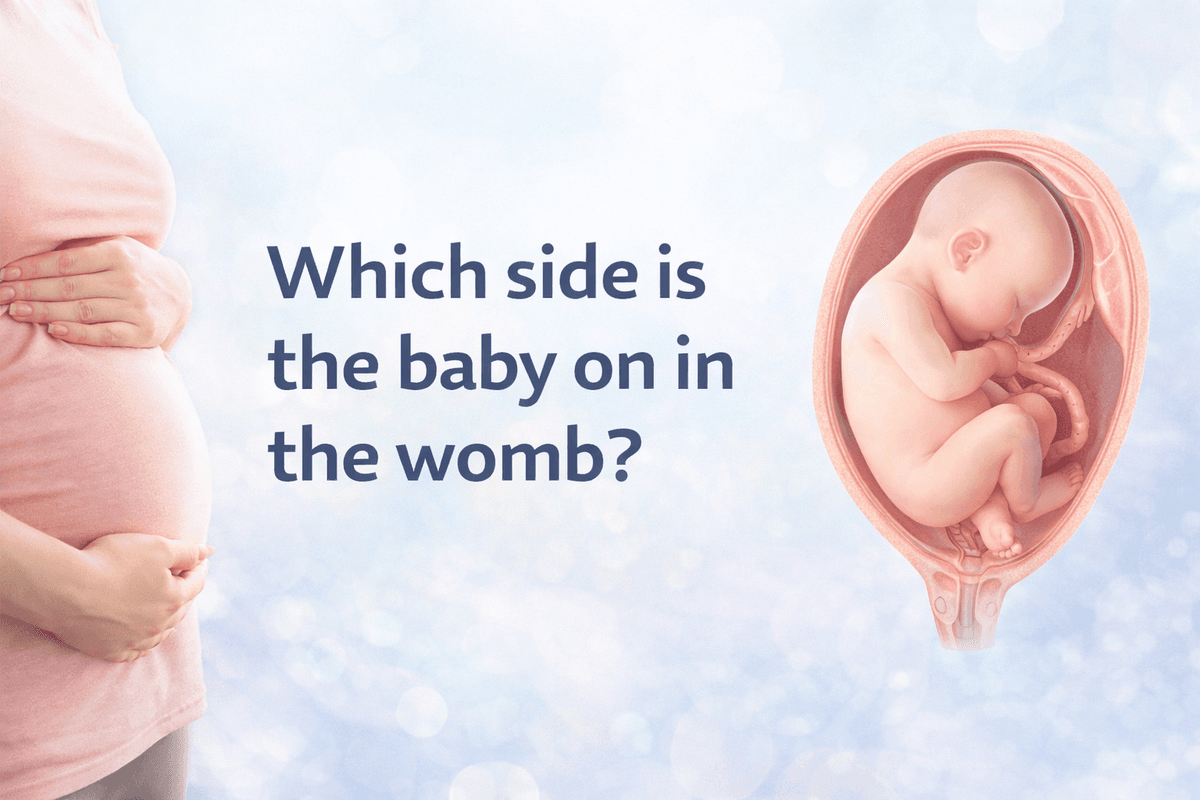
Early Signs of Thyroid Issues You Shouldn’t Ignore
Thyroid health is a vital yet often overlooked aspect of overall well-being. The thyroid, a small butterfly-shaped gland located in the front of your neck, plays a significant role in regulating your body's metabolism, energy levels, temperature, and hormonal balance. When it doesn’t function correctly, it can trigger a wide range of symptoms, many of which are subtle and easily dismissed. Understanding the early signs of thyroid issues is critical for timely diagnosis and treatment. This is especially important for women, who are statistically more prone to thyroid disorders than men. Recognizing the early signs of thyroid in women can prevent complications and help maintain long-term health and hormonal stability.
Many people live with thyroid imbalances without realizing it. The symptoms often mimic other common conditions or are attributed to stress, aging, or poor lifestyle choices. That’s why it is essential to educate oneself about the early signs of thyroid problems. These can include unexplained weight changes, chronic fatigue, hair thinning, mood swings, and irregular menstrual cycles. Identifying the early signs of thyroid disease early allows for better medical intervention, lifestyle adjustments, and the possibility of reversing some effects before they become severe.
One of the earliest and most common signs of thyroid issues is unexplained fatigue. People often feel exhausted despite getting enough sleep. In cases of hypothyroidism, where the thyroid is underactive, the metabolism slows down, leading to sluggishness and persistent tiredness. This can affect day-to-day functioning and productivity. For women, this is particularly concerning, as they often juggle multiple responsibilities, and this level of fatigue can interfere with daily life. The early signs of thyroid in women often show up first as low energy, which is mistakenly blamed on hormonal changes, especially during pregnancy or menopause.
Weight fluctuations are another clear sign. Unexplained weight gain despite consistent diet and exercise might indicate hypothyroidism, while sudden weight loss without trying could signal hyperthyroidism, or an overactive thyroid. These shifts are among the most noticeable early signs of thyroid problems and should not be ignored. Women may notice that clothes no longer fit the same or that they gain or lose weight rapidly without significant lifestyle changes. The early signs of thyroid disease often manifest subtly, but any drastic shift in weight should prompt further investigation.
Hair and skin changes can also be telling. Brittle hair, excessive hair loss, and dry, scaly skin are commonly associated with thyroid dysfunction. For many women, hair thinning is among the first early signs of thyroid in women. This can lead to emotional distress and lower self-esteem. In hyperthyroidism, the hair may become very fine and break easily. Nail changes, such as brittleness or ridges, are also frequent early signs of thyroid disease. Paying attention to such outward signs is crucial as they may reveal internal imbalances long before blood work confirms it.
Mood disorders like depression, anxiety, and irritability can also be among the early signs of thyroid problems. Thyroid hormones influence serotonin levels in the brain, which regulate mood. An underactive thyroid can lead to symptoms of depression, while an overactive one may cause anxiety and restlessness. For women, this is especially problematic, as mood swings are often attributed to menstrual cycles or emotional stress, making it easy to overlook the early signs of thyroid in women. Persistent mood disturbances without clear cause should raise a red flag.
Changes in menstrual patterns are another critical early sign. Hypothyroidism can cause heavier, more prolonged menstrual periods, while hyperthyroidism might lead to lighter or irregular cycles. These changes are one of the more specific early signs of thyroid in women and should prompt further medical evaluation. Additionally, thyroid dysfunction can impact fertility and pregnancy outcomes, making timely diagnosis even more crucial for women of childbearing age. Reproductive health is closely linked with thyroid function, and early signs of thyroid disease often appear in this domain.
Cold intolerance is another signal that something might be wrong with the thyroid. People with hypothyroidism often feel unusually cold even in warm environments. Conversely, those with hyperthyroidism may feel excessively warm and sweat more than usual. These temperature regulation issues are overlooked but are definite early signs of thyroid problems. Women who experience sudden changes in their body temperature perception, especially during sleep, should consider thyroid screening.
Digestive issues like constipation in hypothyroidism and frequent bowel movements or diarrhea in hyperthyroidism are additional signs. The digestive system is heavily influenced by thyroid hormones, and changes in bowel habits can be early signs of thyroid disease. For many women, digestive problems are chalked up to diet or hormonal changes, but when persistent, they should be evaluated in light of thyroid function.
Cognitive changes such as memory lapses, lack of concentration, and brain fog are also early indicators. These symptoms can affect work performance and overall quality of life. Often, these early signs of thyroid problems are misdiagnosed as stress or even early dementia. For women, brain fog and difficulty focusing are frequently reported but seldom connected to thyroid health unless investigated thoroughly. Early signs of thyroid in women often involve cognitive symptoms that disrupt daily tasks and decision-making abilities.
Muscle and joint discomfort can also be a concern. Hypothyroidism may cause stiffness, swelling, and pain in muscles and joints, especially in the morning. Hyperthyroidism, on the other hand, may lead to muscle weakness, particularly in the upper arms and thighs. These physical symptoms are sometimes overlooked but are part of the early signs of thyroid disease. Women who engage in physical activities or exercise may notice a sudden drop in stamina or increased soreness that does not correlate with effort.
Changes in heart rate can be alarming but are common signs. A slow heart rate is associated with hypothyroidism, while a rapid or irregular heartbeat can point to hyperthyroidism. Palpitations and chest discomfort are often among the early signs of thyroid problems and warrant immediate medical consultation. Women experiencing these symptoms may mistake them for anxiety or panic attacks, which makes awareness even more critical.
Eye-related symptoms, especially in hyperthyroidism, can also be revealing. Dry eyes, vision changes, and a sensation of grittiness in the eyes are early signs of thyroid disease. In severe cases, particularly in Graves' disease (a form of hyperthyroidism), bulging eyes can develop. Recognizing these symptoms early helps in managing and treating the underlying thyroid condition before it escalates.
Throat and neck discomfort, including swelling or a visible lump (goiter), hoarseness, or a persistent cough not related to a cold, are physical early signs of thyroid problems. Any unusual sensation in the neck area should prompt a visit to the doctor. For women, these signs may be discovered during routine self-checks or even by a friend or family member noticing a change in neck appearance. Early signs of thyroid in women often go unnoticed until visible swelling or discomfort arises.
Fatigue, emotional instability, weight changes, hair loss, and irregular periods should not be accepted as "normal" signs of aging or stress. They are often early signs of thyroid problems that require attention. Early signs of thyroid in women are unique in their presentation due to hormonal interplay, making them more prone to being misdiagnosed or overlooked. Women should trust their instincts when something feels off and seek professional evaluation to determine whether thyroid dysfunction could be the root cause.
Getting diagnosed early is critical. A simple blood test measuring TSH (thyroid-stimulating hormone), T3, and T4 levels can provide a clear picture of thyroid health. Additional tests like thyroid antibody tests or ultrasounds may be necessary depending on the symptoms. Once identified, treatment options include medication (like levothyroxine for hypothyroidism or antithyroid drugs for hyperthyroidism), lifestyle changes, and regular monitoring.
The good news is that most thyroid issues are manageable, especially when detected early. Awareness is your first line of defense. Understanding the early signs of thyroid disease, especially in women, empowers individuals to take timely action. The more informed you are about the early signs of thyroid in women and general early signs of thyroid problems, the better equipped you will be to advocate for your own health.
In conclusion, thyroid issues can impact every aspect of your life, from your physical health to your mental well-being. Recognizing the early signs of thyroid in women, understanding the early signs of thyroid problems, and staying alert to the early signs of thyroid disease can lead to timely intervention and better outcomes. Don’t dismiss persistent symptoms as minor issues—your thyroid might be trying to tell you something. Take action today for a healthier tomorrow.


